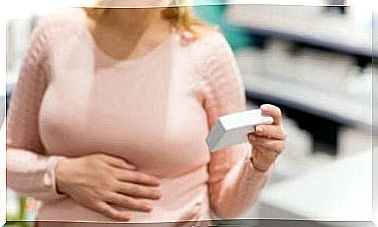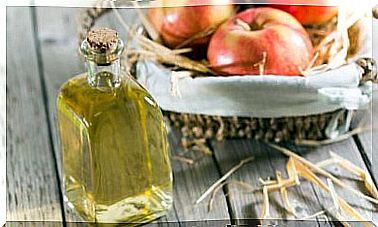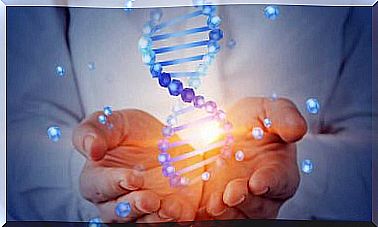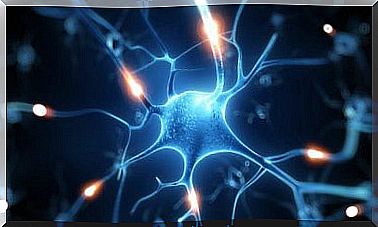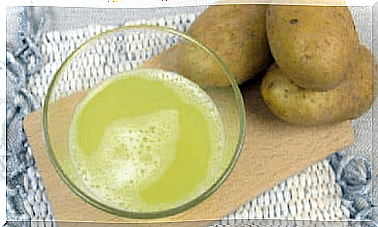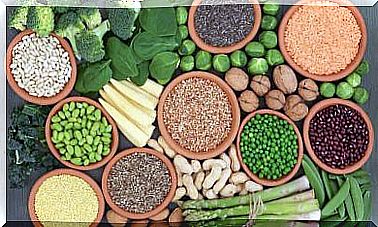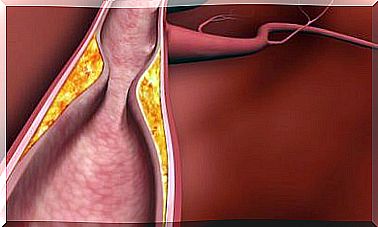What To Do If A Child Has Diarrhea
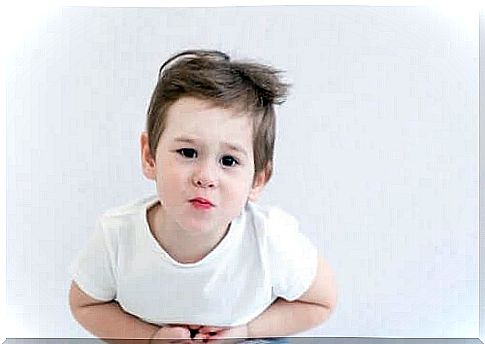
Diarrhea in children is a common childhood affliction. In fact, it is one of the frequent reasons for consulting health services and is also one of the main causes of death. For this reason, you must be prepared for these cases. Now, do you know what to do if a child has diarrhea?
What is diarrhea?
According to the World Health Organization (WHO), diarrhea is the presence of loose or liquid stools three or more times a day. Sometimes it can be accompanied by nausea, vomiting, fever or abdominal pain.
Likewise, it is usually related to an infection of the digestive tract due to bacteria, viruses or parasites, acquired by contaminated food or poor hygiene.
However, it can also have causes other than infectious; for example, due to food allergies, digestion and absorption disorders, ingestion of certain medications or even intoxication due to heavy metals.
Diarrhea in children can be fatal
Although acute diarrheal illness can occur at any age, children and infants are more likely to develop it. Some studies indicate that about two million deaths are directly and indirectly caused by diarrheal diseases. In fact, it is ranked as the second leading cause of contagion and death worldwide.
What to do in case of diarrhea in children
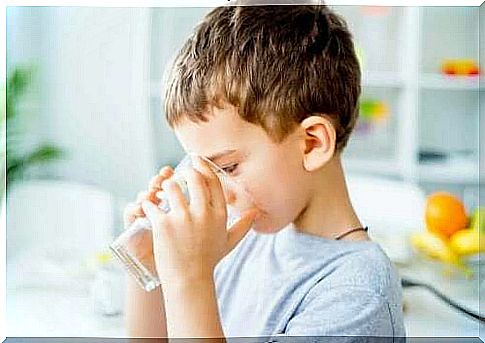
According to experts, most deaths from diarrhea are caused by dehydration. When a child has diarrhea, he or she is losing water and electrolytes (sodium, chloride, potassium and bicarbonate) through feces, sweat, vomit, urine and even through breathing.
So, naturally, there comes a time when losses are greater than the water that is drunk and this is where a hydro-electrolytic deficit appears, that is, dehydration. For this reason, oral rehydration with a solution made from salts is essential. These salts are absorbed in the small intestine and replace the water and electrolytes that have been lost in the stool.
This measure is less aggressive, economical and helps to resume early feeding. However, care must be taken with excessive consumption as it can cause hypernatremia.
Therefore, it is advisable to drink water between doses of oral rehydration serum. Below is a brief list of suitable and inappropriate fluids for a child with diarrhea.
Suitable liquids
- Oral Rehydration Solution (ORS).
- Salted drinks like rice water or yoghurt with salt.
- Soups to which salt is added (soup made from vegetables, chicken, vegetables, etc.).
- Homemade solution (½ tablespoon of salt with 2 tablespoons of sugar per liter of water).
- Simple water.
- Light tea.
- Coconut Water.
- Fresh fruit juices.
Inappropriate liquids
Try to avoid these drinks so as not to worsen the condition:
- Sweetened tea.
- Soft drinks and refreshments.
- Processed juices.
- Coffee.
- Tea with diuretic or purgative effects.
What to do in case of diarrhea in children
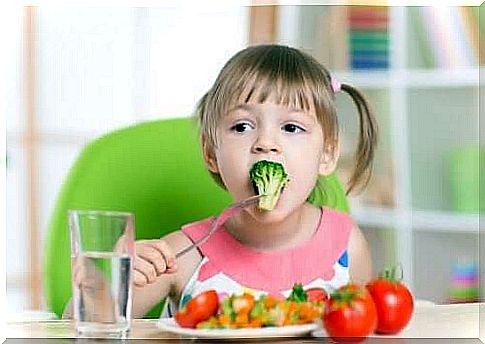
Some people believe that fasting if a child has diarrhea will decrease the duration and severity of the problem. However, this is an error. For what reason? When you have diarrhea, food consumption is often reduced and nutrient absorption decreases, resulting in weight loss.
Furthermore, malnutrition increases the severity of diarrhea as well as its duration. On the other hand, early feeding is positive, as it reduces the volume and duration of the diarrheal condition.
If a child has diarrhea, it is vital to resume normal feeding as soon as he can tolerate it to reduce the complications of malnutrition. Once the problem is over, it is advisable to increase the amount of food normally consumed over a short period of time.
What types of food should be consumed
Nutritious foods that are easy to digest and absorb are recommended. In order for the child to accept food, you must ensure that it tastes pleasant, well cooked and crushed. In fact, the most important thing is to incorporate foods that do not have harmful effects on the clinical picture. Below, we share a brief list.
- Breast milk.
- Cereals.
- Vegetables.
- Vegetables.
- Beef.
- Fish.
- Eggs.
- Bananas.
The prevention of diarrhea in children is essential
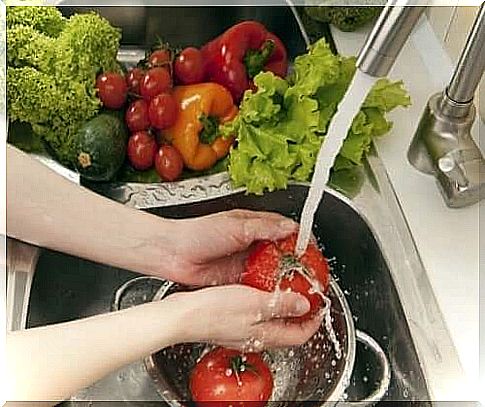
- Quality of water and food. You must constantly check the condition and quality of food and liquids. It is vitally important because it reduces the likelihood of developing diarrheal illnesses.
- Wash your hands. A measure as basic as washing your hands properly with soap can reduce the risk of diarrhea. Cleaning should be prioritized especially before eating and after using the toilet.
- Breastfeeding. The function of breast milk is to protect and immunize young children, less than six months old, from infectious diseases, including diarrhea. Therefore, it is vital to promote breastfeeding during the first few months of life.
- Keep a clean environment. To reduce the development of diarrhea in children, it is important to take care of cleaning the house. This includes proper control of toilets, septic tanks and drainage networks.
When to go to the doctor when there is diarrhea in children
Generally, if the diarrhea is viral in origin, it goes away on its own. If it is the result of a bacterial infection, antibiotic treatment will be necessary. And, of course, if the cause is parasites, an antiparasitic treatment should be applied.
However, it’s not always that easy. Knowing how to recognize the risk factors in a child with diarrhea will allow us to take appropriate action. You should urgently seek medical services if your child shows signs of malnutrition, persistent dehydration, mucus and bloody stools, and more than 10 stools a day.
On the other hand, you should pay more attention in cases where your child has more than two vomits in the last 24 hours or five bowel movements during the day. Children under one and six months of age also require special care. In these cases, it is advisable to refer them to the pediatrician or the emergency room as soon as possible, as they have a greater risk of dehydration and other complications.

